Hate Crimes in the Heartland est un film américain
Hate Crimes in the Heartland (2014)
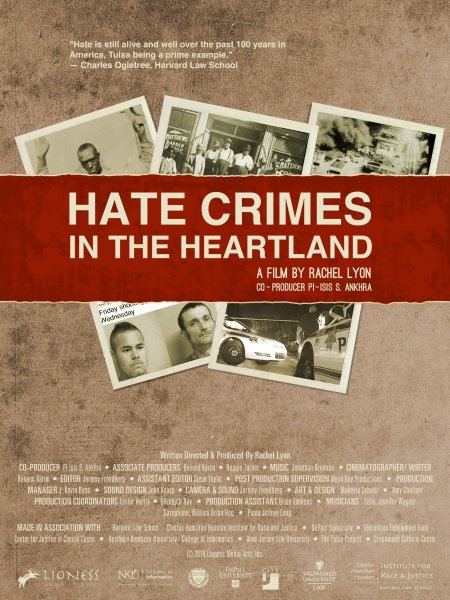
Si vous aimez ce film, faites-le savoir !
- Infos
- Casting
- Infos techniques
- Photos
- Vidéos
- Passages TV
- Citations
- Personnages
- Musique
- Récompenses
Hate Crimes in the Heartland is a 2014 American documentary film directed by Emmy Award-winning filmmaker Rachel V. Lyon. The film examines American race relations through the analysis of two events, both of which took place in Tulsa, Oklahoma: The 1921 Tulsa race riot, and the 2012 "Good Friday Murders."
Synopsis
The film examines the underlying racial tensions in Tulsa, Oklahoma, through two central events, the 1921 race riots and the 2012 "Good Friday Murders." Through interviews with a variety of scholars and public figures, the documentary explores the roots of American racial animosity, presenting Tulsa as a microcosm of the American social, cultural, and racial landscape, and scrutinizing the role of the media in controlling information, and influencing public response and the justice system.Commentaires
Postez un commentaire :
Suggestions de films similaires à Hate Crimes in the Heartland
Il y a 1298 films qui ont les mêmes thèmes (dont 251 films qui ont les mêmes 3 thèmes que Hate Crimes in the Heartland), pour avoir au final 70 suggestions de films similaires.Si vous avez aimé Hate Crimes in the Heartland, vous aimerez sûrement les films similaires suivants :
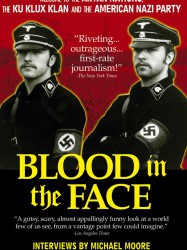
Blood in the Face (1991)
, 1h18Réalisé par Kevin Rafferty
Origine Etats-Unis
Genres Documentaire
Thèmes Le racisme, Documentaire sur la discrimination, Documentaire sur le droit, Documentaire sur une personnalité
Acteurs Michael Moore, Kevin Rafferty
Note70%





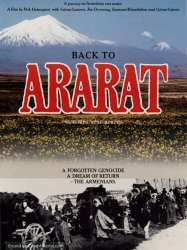
Tillbaka till Ararat (1988)
, 1h39Genres Documentaire
Thèmes Le racisme, Documentaire sur la discrimination, Documentaire sur le droit, Documentaire sur la guerre, Documentaire historique, Politique
Note46%






Too Colourful for the League (2001)
, 52minutesOrigine Canada
Genres Documentaire
Thèmes Le racisme, Sport, Documentaire sur le sport, Hockey sur glace, Documentaire sur la discrimination, Documentaire sur le droit, Documentaire sur une personnalité
Note63%





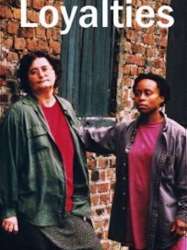
Loyalties (1999)
Genres Documentaire
Thèmes Esclavagisme, Le racisme, Documentaire sur la discrimination, Documentaire sur le droit, Documentaire historique, Documentaire sur une personnalité
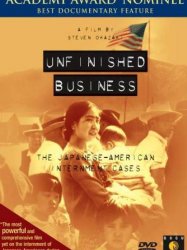
Unfinished Business (1986)
, 1hOrigine Etats-Unis
Genres Guerre, Documentaire, Historique
Thèmes La prison, Le racisme, Documentaire sur la discrimination, Documentaire sur le droit, Documentaire sur la guerre, Documentaire historique, Politique, Documentaire sur la Seconde Guerre mondiale
Acteurs Amy Hill
Note65%






Enemies of the People (2009)
, 1h34Genres Documentaire
Thèmes Le racisme, Documentaire sur la discrimination, Documentaire sur le droit, Documentaire sur la guerre, Documentaire historique, Documentaire sur une personnalité
Note76%





À la fin des années 70, le régime khmer rouge a tué environ deux millions de personnes au Cambodge soupçonnées d'être des «ennemis internes». Trente ans plus tard, motivé par la perte de sa famille pendant cette période, Thet Sambath se lance dans une quête pour découvrir les vrais faits sur les responsables du génocide cambodgien.
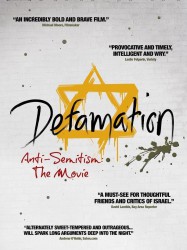
Hashmatsa (2009)
, 1h31Origine Israel
Genres Documentaire
Thèmes Le racisme, Religion, Documentaire sur la discrimination, Documentaire sur le droit, Documentaire sur la religion, Religion juive
Note73%






Turkish Passport (2011)
, 1h31Genres Drame, Documentaire, Historique
Thèmes Le racisme, Religion, Documentaire sur la discrimination, Documentaire sur le droit, Documentaire sur la guerre, Documentaire historique, Documentaire sur une personnalité, Documentaire sur la politique, Documentaire sur la religion, Politique, Religion juive, Documentaire sur la Seconde Guerre mondiale
Note78%





Turkish Passport tells the story of diplomats posted to Turkish embassies and consulates in several European countries, who saved numerous Jews during the Second World War. Whether they pulled them out of Nazi concentration camps or took them off the trains that were taking them to the camps, the diplomats, in the end, ensured that the Jews who were Turkish citizens could return to Turkey and thus be saved. Based on the testimonies of witnesses who traveled to Istanbul to find safety, Turkish Passport also uses written historical documents and archive footage to tell this story of rescue and bring to light the events of the time. The diplomats saved not only the lives of Turkish Jews, but also rescued foreign Jews condemned to a certain death by giving them Turkish passports. In this dark period of history, their actions lit the candle of hope and allowed these people to travel to Turkey, where they found light. Through interviews conducted with surviving Jews who had boarded the trains traveling from France to Turkey, and talks with the diplomats and their families who saved their lives, the film demonstrates that "as long as good people are ready to act, evil cannot overcome".

Der gelbe Stern (1981)
, 1h29Réalisé par Dieter Hildebrandt
Genres Documentaire
Thèmes Le racisme, Religion, Documentaire sur la discrimination, Documentaire sur le droit, Documentaire sur la guerre, Documentaire historique, Documentaire sur une personnalité, Documentaire sur la religion, Politique, Religion juive, Documentaire sur la Seconde Guerre mondiale
Note70%





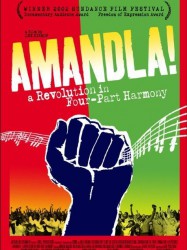
Genres Documentaire
Thèmes Afrique post-coloniale, La musique, Le racisme, Documentaire sur la discrimination, Documentaire sur le droit, Documentaire sur la musique, Documentaire sur une personnalité, Documentaire sur la politique, Musique, Politique
Acteurs Walter Cronkite, Hugh Masekela, Miriam Makeba
Note73%





In the film, South African musicians, playwrights, poets and activists recall the struggle against apartheid from the 1940s to the 1990s that stripped black citizens of South Africa of basic human rights, and the important role that music played in that struggle. The documentary uses a mixture of interviews, musical performances and historical film footage. Among the South Africans who take part are Miriam Makeba, Abdullah Ibrahim, Hugh Masekela, Vusi Mahlasela and others.
 Connexion
Connexion